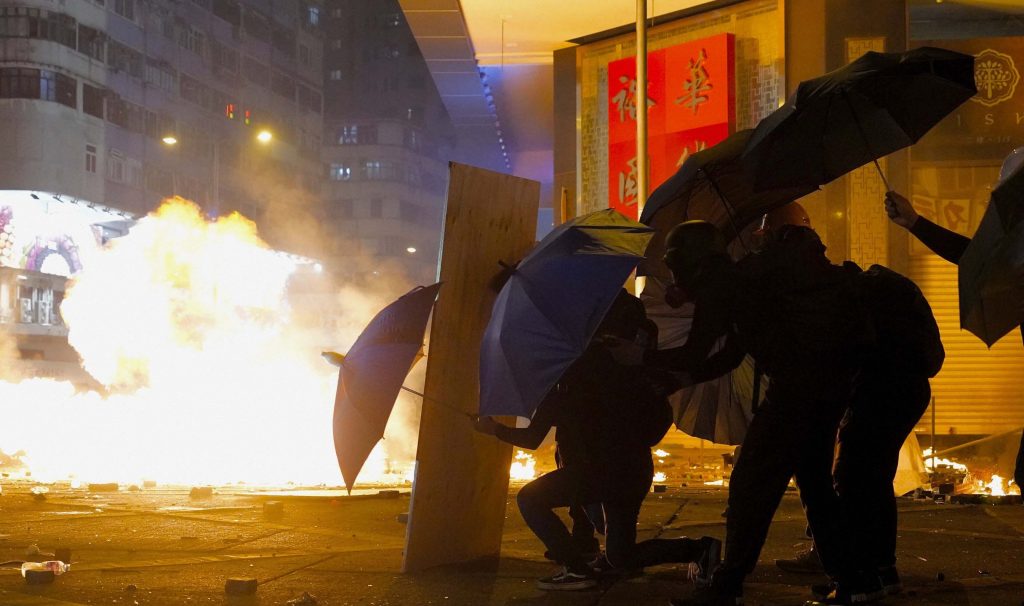Hong Kong: China has appointed a new police chief in Hong Kong in a further illustration of the central government’s broad powers over the territory’s institutions.
The newly-appointed chief, Chris Tang Ping-keung, said rebutting fake accusations against police and reassuring the public about the force’s mission would be among his priorities.
“We have to maintain the law and order in Hong Kong and there is a massive scale of breaking of law in Hong Kong and there is a certain sector of the community that also condones those illegal activities,” said Tang following his ceremonial swearing in.
Tang has been on the police force for more than 30 years and takes over from Lo Wai-chung, who is retiring after 35 years of service.
The Hong Kong government said Tang’s appointment was made ‘on the recommendation and nomination’ of Chief Executive Carrie Lam, but with the final approval of the State Council, or Cabinet, in Beijing.
Hong Kong enjoys a reputation as one of the world’s safest cities and its police force was long hailed for its professionalism and incorruptibility. However, the force’s image has suffered badly during the months of unrest amid allegations of excessive violence, harassment of citizens and connections with organised crime.
Meanwhile relatives of some of the young pro-democracy protesters holed up inside a Hong Kong university held anxious vigil Tuesday as police vowed to arrest everyone on the campus.
Around 100 protesters remain barricaded inside Hong Kong Polytechnic University (PolyU) surrounded by riot squads who have been besieging them for three days.
One woman, who gave her surname as Cheung, said she had spent last night in a park near a police cordon as she waited for news of her adult son, who she said came to the campus as a first aider.
“I was very, very worried his life could be in danger. He’s scared. He’s scared about being arrested by the cops,” she said.
Demonstrators, who took to the streets in their hundreds of thousands in June over a now-shelved bill that would have allowed extradition to China, are demanding the right to elect their own leaders, as well as an inquiry into alleged police brutality.
Protest tactics morphed in the last 10 days into a ‘Blossom Everywhere’ strategy of disruptive vandalism that has brought much of the transport network to a standstill and shuttered schools. But the three-day PolyU occupation is the most serious and sustained episode yet.
The government, however, has shown no willingness to compromise, with Carrie Lam saying Tuesday that those inside the campus had no option but to surrender.
AP
